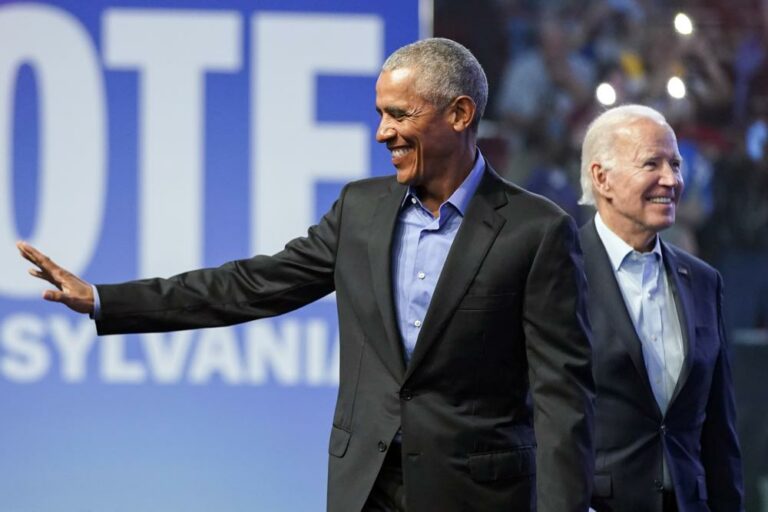 Rising tensions between Moscow and Washington over the civil war in Syria, interventions in Ukraine and election-year accusations of hacking in the U.S. are spilling over into a increasingly divided United Nations Security Council, threatening to paralyze initiatives from North Korea to Africa.
Rising tensions between Moscow and Washington over the civil war in Syria, interventions in Ukraine and election-year accusations of hacking in the U.S. are spilling over into a increasingly divided United Nations Security Council, threatening to paralyze initiatives from North Korea to Africa.
The latest signal of U.N. dysfunction came Oct. 8, when Western diplomats fumed over Russia’s veto of a French-drafted resolution that would have demanded an end to air strikes and military flights over the Syrian city of Aleppo, where more than 250,000 people are trapped. Russia is backing Syrian President Bashar al-Assad’s efforts to retake the city.
“Russia has become one of the chief purveyors of terror in Aleppo,” said David Pressman, deputy U.S. ambassador to the U.N. A day earlier, Secretary of State John Kerry had demanded a war-crimes investigation of Russia and Syria.
In exercising his veto power, Russian Ambassador Vitaly Churkin dismissed the French resolution, which received 11 of 15 votes, as a “waste of time.”
“The loss of trust between the big powers over Syria is immense, and will be hard to reverse,” said Richard Gowan, a fellow at the European Council on Foreign Relations. “There is a fear that the current ill-temper over Syria could spread to discussions of other issues, making U.N. action harder.”
Things weren’t always so tough. A more cooperative atmosphere at the U.N. in recent years helped bring about the Iran nuclear deal and the Paris climate change accord. However, those agreements are starting to seem a long ways off as the current divide begins to derail diplomatic efforts in other parts of the world, including Yemen, North Korea, Sudan and Burundi.
Yemen: Russia says a Saudi Arabian-led coalition should be held accountable for their air campaign against Shiite Houthi rebels who have overrun the capital and much of northern Yemen from the government of President Abdurabuh Mansur Hadi.
After a aerial attack on a funeral hall on Oct. 8 in Sanaa left about 140 people dead, the U.K. ambassador penned a draft statement for the Security Council condemning the attack. Russia blocked the statement, with Churkin calling it “wishy washy.”
North Korea: The U.S. and China are in negotiations to curb North Korea’s trade in coal, iron ore and crude oil after Kim Jong Un’s regime conducted its latest nuclear tests on Sept. 9. One sticking point? The U.S. plan to deploy a missile defense system to South Korea, which both China and Russia oppose. Without their help, the U.S. stands little chance of tightening sanctions on Pyongyang.
Sudan: The Security Council remains divided over Darfur, where Russia and China are blocking moves to investigate human rights abuses by the Sudanese government, including allegations of chemical attacks.
Burundi: Russia and China have blocked Security Council statements regarding deadly political unrest and human rights violations in the East African country, where President Pierre Nkurunziza made the decision to run for a third term.
The U.S.-Russian breakdown comes as former Portugal Prime Minister Antonio Guterres prepares to assume the office of U.N. Secretary-General in January. In a display that not all cooperation at the U.N. has ended, the 15 Security Council members unanimously backed him for U.N. chief last week, with a supportive vote from the U.N. General Assembly expected Thursday morning.
Guterres earned a reputation as a hard-working, competent leader of a minority-led government in Portugal in the late 1990s and later head of the UN’s refugee agency, dealing with waves of migrants displaced by the Syrian crisis.
“It is just possible that he may have the talents to act as a bridge between Moscow and Washington on issues like Syria,” Gowan said.
It won’t be easy.
(c) 2016, Bloomberg · Kambiz Foroohar










